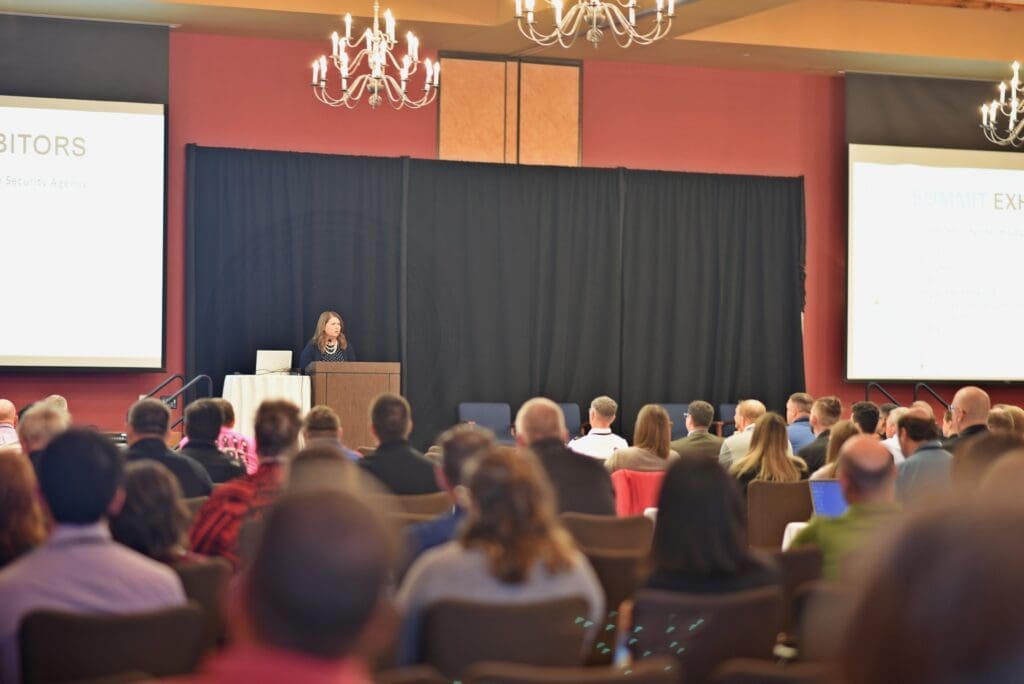
WISCONSIN DELLS, Wis. — Whether it’s personal, professional, or commercial, most Americans communicate online. As people obtain more devices that require an internet connection, that means more access points for criminals and foreign malign actors to gain personal, financial, and proprietary information. Cybersecurity experts, government and academic leaders, and the business community came together this month to address these emerging challenges.
“Cyber security has never been more important,” said Wisconsin Department of Administration Secretary-designee Kathy Blumenfeld. “Wisconsin experiences thousands of digital assaults every single day and we are taking proactive steps to protect business operations, infrastructure, and the personal identities of Wisconsin residents.”
The 9th Annual Governor’s Cybersecurity Summit was held over the course of three days at Glacier Canyon Lodge and Conference Center at the Wilderness in Wisconsin Dells. It covered a range of cybersecurity issues with topics focused on education, government agencies and the private sector.
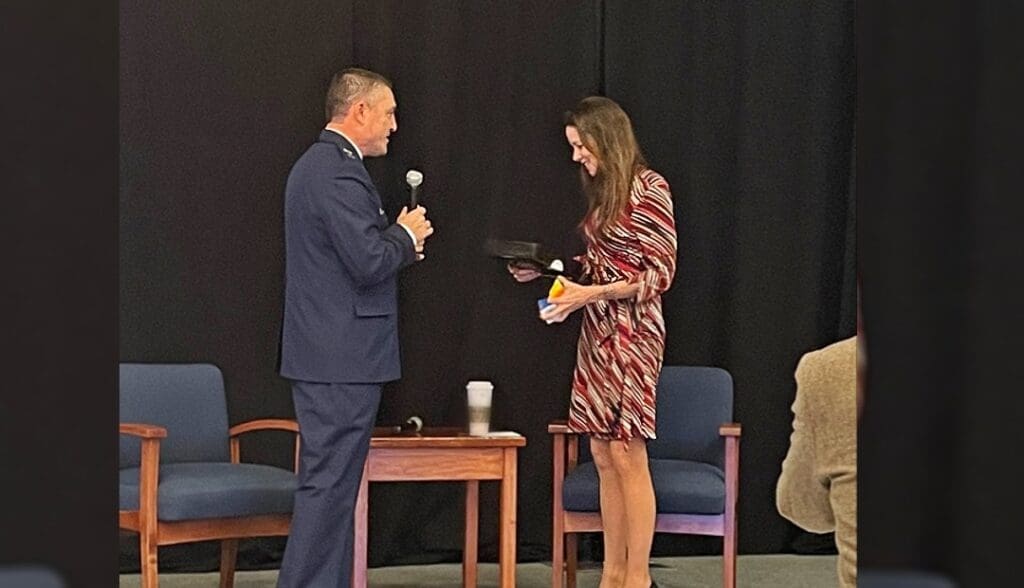
“Collaboration and teamwork are key in protecting digital assets and deterring cyber criminals,” said Maj. Gen. Paul Knapp, Wisconsin’s adjutant general and the governor’s chief cybersecurity advisor. “All Wisconsinites, not just those working in information technology fields, need to take action to reduce cyber risks and become more resilient against these growing cyber threats.”
New to the summit this year was a full day dedicated to women in cybersecurity. Nationwide, men dominate the field three to one, according to a 2020 survey from the International Information System Security Certification Consortium. Wisconsin Chief Information Officer Trina Zanow said the single day at the summit dedicated to women was a great opportunity to network and share their experiences.
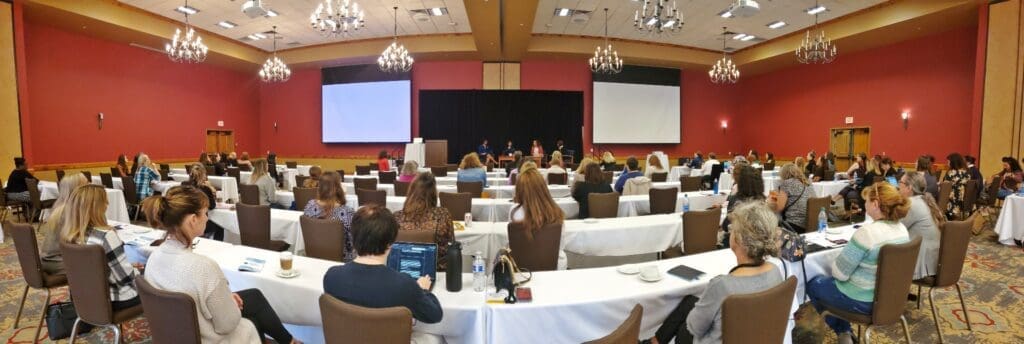
“When you think about that statistic, having diversity has been a challenge,” said Zanow. “This event was a fabulous opportunity for the state of Wisconsin. We wanted to make sure that people understand there are opportunities and places for women to advance themselves, meet each other, and show the great work we can do.”
Brenda Theodore was among more than 80 women who attended the additional day of the summit. The information technology support specialist with the Wisconsin Historical Society not only wants more women to work in technology-related fields, but she also wants to see more Latinas and Black women in those careers.
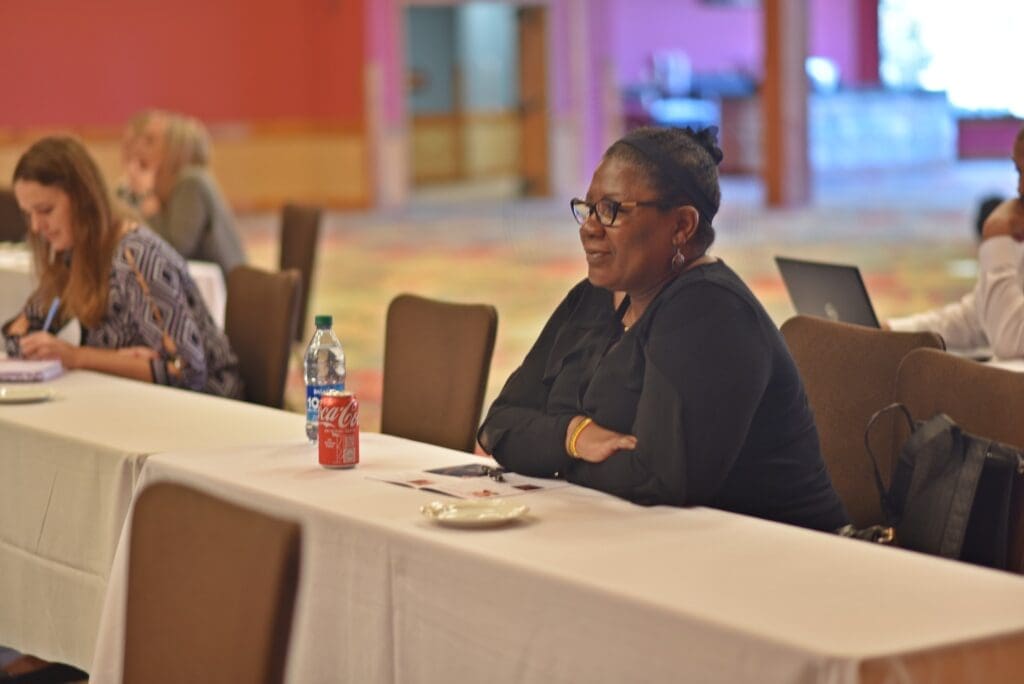
“I love IT and want more women to get involved in it,” said Theodore. “Right now, I am the only female and the only female of color on my IT team. I am taking this opportunity to learn what is new, and network with other women. I hope more women of color expose themselves as much as possible to summits like this.”
Several young women from the University of Wisconsin-Stout also attended the new summit component to meet women leading the cybersecurity field. Their biggest takeaway was to have confidence and courage.
“It was amazing seeing and hearing from all of those women,” said Chrstina Kimball. “It was encouraging for all of us to be a part of it.”
“Our program director invited us to come along, and we are open to meeting new people,” said Mariana Pena. “We are in a program with only 14 girls out of roughly 200 students, and it was nice to relate to other women in cyber technology.”
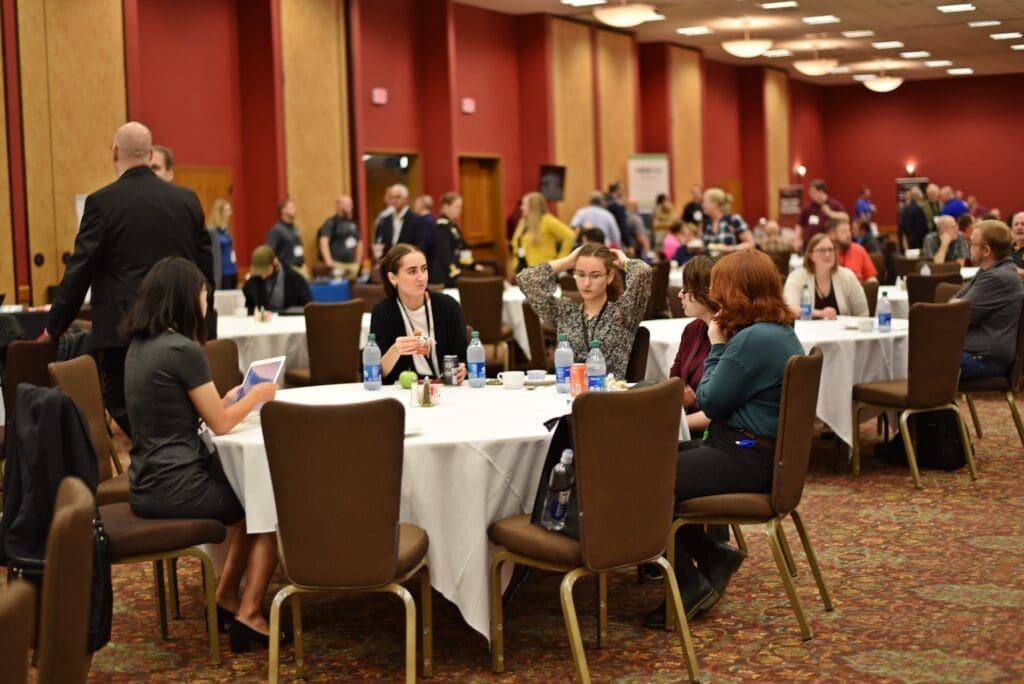
These young women said they are looking forward to their careers beyond college and feel more confident when looking for future jobs. They also have a message for younger girls who are still undecided on what their future holds.
“Just try it. That’s what I did,” said Ally Andersen. “I started as a computer science major which is mostly coding. I am not the greatest at it, but through some networking classes, I found something great. Choose a variety of courses and find what you like the most. If you change your mind with what you want to do, there’s still plenty of time to do it.”
One of the keynote speakers echoed her sentiment, and said it is not about having a cybersecurity background, but rather it’s about bringing in technology from all aspects.
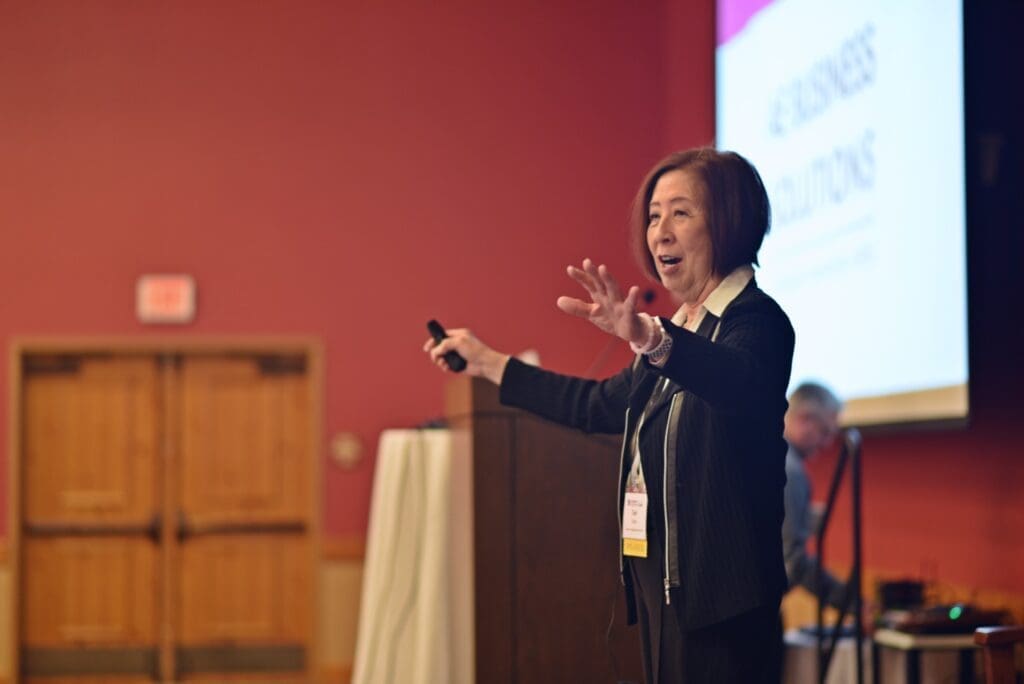
“Not everyone starts off in a technology position like me,” said Teri Takai. “Think about what you like to do. What is it you are really are excited about, what is it that you really enjoy, whether it’s at school, or at work. Think about how technology is involved and how then can you turn that into a technology career. Every technology career is going to have a cybersecurity component, so it’s really thinking about it more broadly in terms of what you can do.”
All of this is in light of a nationwide shortage of cybersecurity experts. There are 3.5 million openings in the field nationwide, according to Cybersecurity Ventures. Blumenfeld said Wisconsin is facing a gap of 10,000 unfilled cybersecurity jobs. She believes strengthening cybersecurity does not rest solely on government agencies and requires a team effort.
“There is still a lot of opportunity for people to work in these fields,” said Blumenfeld. “The wider the variety of people and experiences we have defending our networks, the better chance for success. There is room in this field for everyone. Everyday there is a new challenge that comes, and with that the opportunity to learn and grow.”
The 2022 Governor’s Cybersecurity Summit was coordinated by the Wisconsin Department of Military Affairs and the Wisconsin Department of Administration.